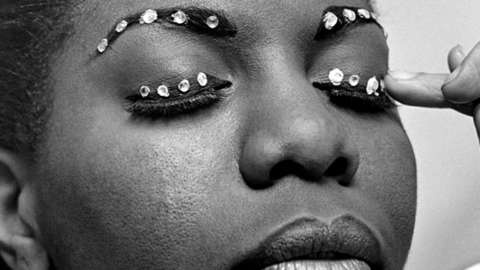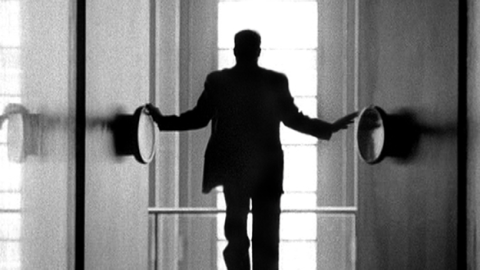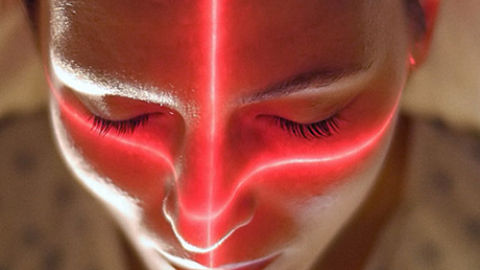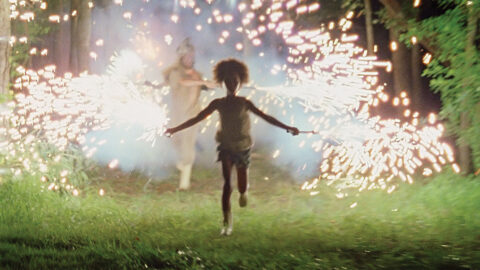Sundance 2016 Preview
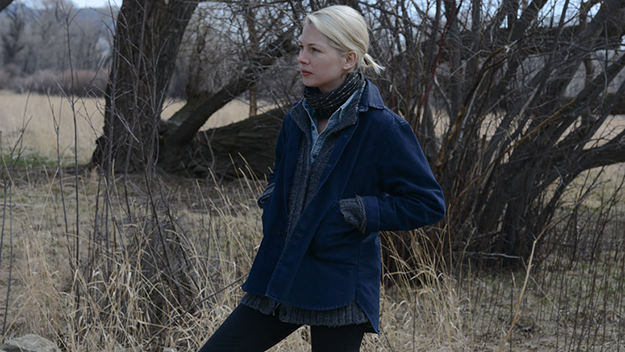
Certain Women
Twenty-seven years of “Sundancing”—did I really write that?—has taught me to prepare. Check the 10-day weather forecast: more clouds than sun, light snow most days, two nights of 10-degree chill, but otherwise fairly comfortable days in the mid-30s and nights in the low-20s. Download the program; make a schedule even if you know you’ll remake it every day; RSVP for conferences, panels, and parties (Women’s Brunch already wait-list only); and, if you live in New York or L.A. and are attending with press or industry credentials, beg publicists for pre-screenings in theaters or via links.
On the basis of this research, I suspect that beyond the usual romcoms, melodramas involving a wide range of family relationships from the admirable to the debased, and documentaries testifying to courage and grief, two themes will steal the headlines: gun violence in the U.S., and to a slightly lesser extent, gender fluidity worldwide.
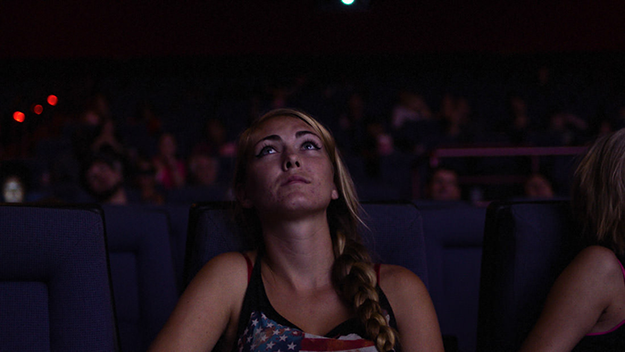
Dark Night
In an attempt not to violate embargos on reviews, I’ll limit myself to this personal, blurb-worthy prognosis: if there is a more heartbreakingly tender, dread-inducing, cinematically expressive film in Sundance than Tim Sutton’s Dark Night, I’ll be surprised. Sutton’s third feature, like his earlier Pavilion (12) and Memphis (13) , was made almost entirely with unknown performers, which might explain why it’s in the NEXT section rather than in the dramatic competition. Last year, Wesley Morris noted with considerable annoyance that by programming Sean Baker’s Tangerine in NEXT, Sundance deprived its two break-out transgender performers, Kitana Kiki Rodriguez and Mya Taylor, of the opportunity to win the acting awards they deserved. But Tangerine went on to critical acclaim and even to make some money theatrically, which most Sundance films—even those with the most hyped deals—did not.
Dark Night is already being compared to Gus Van Sant’s Elephant (03), which begs the question, however, of the difference between our response to the mass shooting of kids at the turn of the century, when we could still think of such events as rare, and our response today, when that particular “what if” crosses our minds often enough that it has become part of a permanent undercurrent of anxiety. AJ Schnack’s 12-minute minimalist documentary Speaking Is Difficult, is an irrefutable demonstration of the need for tougher gun-control legislation, and its inclusion in the opening-night shorts program, stakes out a position for the festival as a whole.
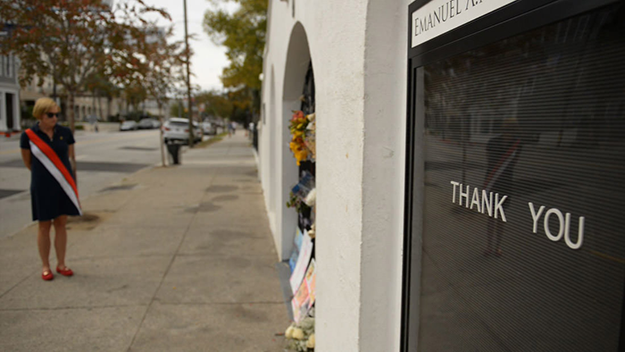
Speaking Is Difficult
Often the most rewarding aspect of Sundance documentary screenings are the live onstage introductions and Q&As with filmmakers and subjects. Last year, the band of cinephiliac brothers in Crystal Moselle’s The Wolfpack charmed all of Park City. This year, some of the cast of Kiki, Sara Jordenö’s doc about New York’s contemporary LGBTQ voguing balls, will be following in their footsteps. Twist arms to get to the premiere public screening and the dance after-party at the Kickstarter headquarters on Main Street. Kiki, which will be compared to 1991 Sundance prize-winner Jennie Livingston’s Paris Is Burning, is a far more optimistic movie, thanks to its hugely talented and accomplished featured performers, poets and writers, and political activists.
The line-up is filled with movies from well-known directors: Kelly Reichardt (Certain Women), Ira Sachs (Little Men)—perhaps Sundance should start a workshop for titling—Whit Stillman (Love and Friendship), Todd Solondz (Wiener-Dog), and Joshua Marston (Complete Unknown). Hot tickets in the Midnight section include Kevin Smith’s Yoga Hosers, and given the distributor buzz, Babak Anvari’s Under the Shadow, set in 1988 during the Iran-Iraq War. Certain to sell out are Spike Lee’s Michael Jackson’s Journey from Motown to Off the Wall (maybe Spike should teach the titling workshop) and James Schamus’s directorial feature debut, Indignation. I’m most curious about Nate Parker’s Nat Turner biopic, The Birth of a Nation; Clea DuVall’s The Intervention; documentarian Asif Kapadia’s fiction film, Ali & Nino, set in Azerbaijan at the outbreak of World War I; John Carney’s Dublin teen musical, Sing Street; Aaron Brookner’s Uncle Howard, a tribute to his uncle, the filmmaker Howard Brookner; Robert Cannan and Ross Adam’s The Lovers and the Despot, an investigation of the kidnapping of a South Korean director and his actress ex-wife by movie-mad Kim Jong-il, the crazy but true story that is hilariously retold in David Cronenberg’s debut novel, Consumption; and Elite Zexer’s Sand Storm, an Israeli-financed film, in Arabic, about two Bedouin women. Given my predilections, I have high hopes for Nicolette Krebitz’s Wild—about a young woman who leaves civilization to live with a wolf. It might be the version of Angela Carter’s empowering fairy tale, The Company of Wolves, that Neil Jordan flinched from fully carrying through in his film of the same name. Or maybe not.
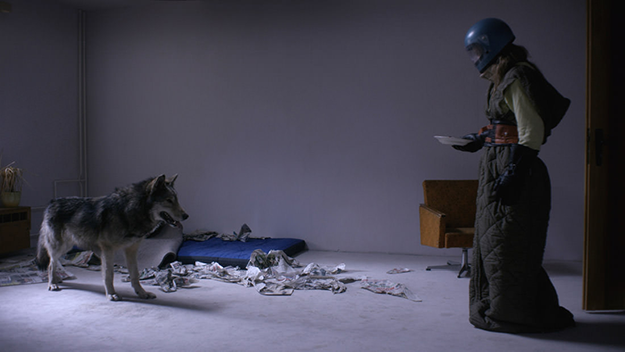
Wild
If this weren’t enough, Sundance has made a commitment to virtual reality, with dozens of installations in the New Frontier section’s locations on and off Park City’s main drags, Heber Avenue and Main Street. Expect sign-up sheets and long lines. There are also VR apps for downloading. Word of caution: if you are susceptible to altitude sickness, give yourself a day to adjust before venturing into VR, which can produce vertigo even at sea-level.
Amy Taubin is a contributing editor to FILM COMMENT and contributing editor at Artforum.



